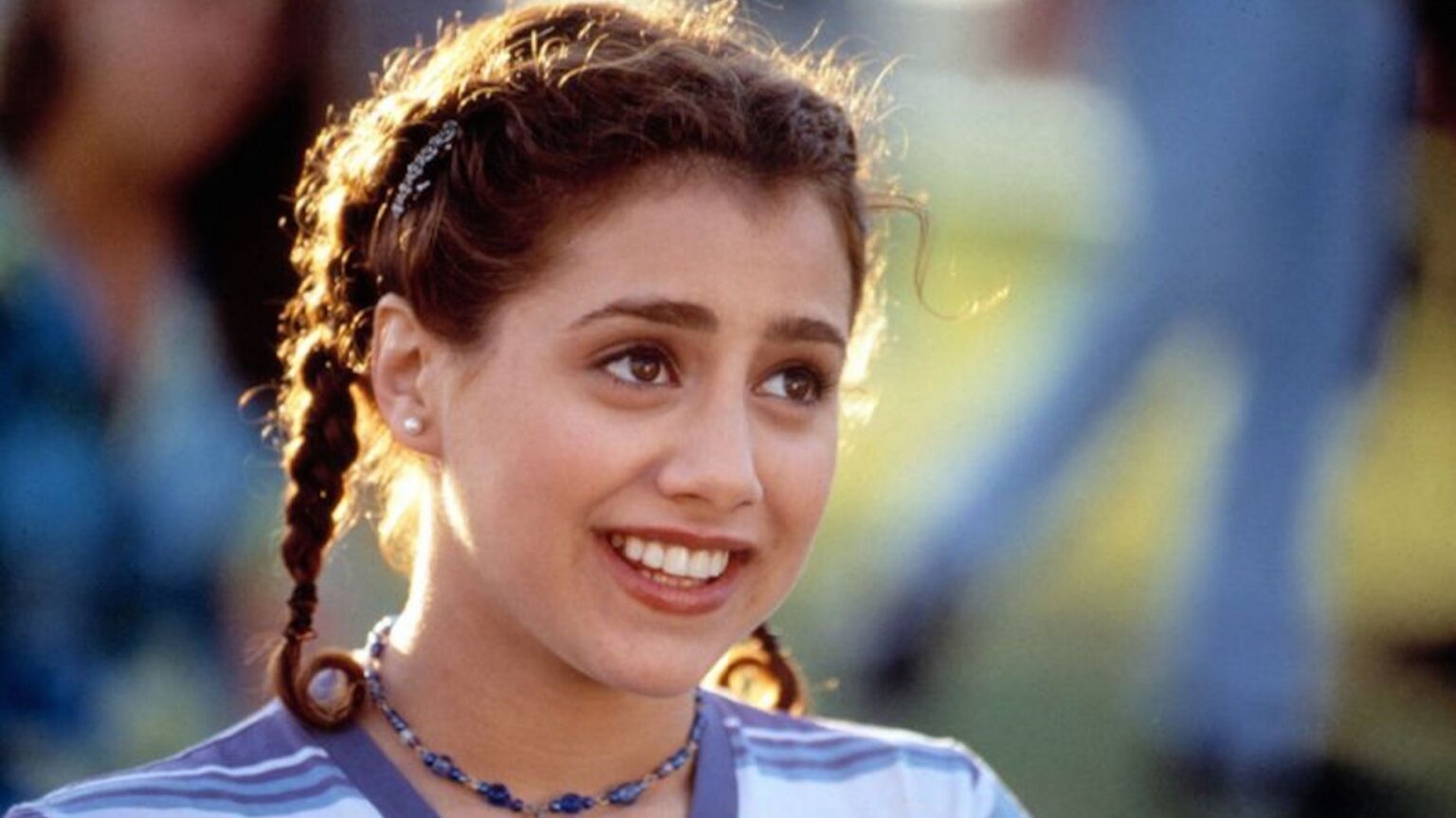
What were Brittany Murphy’s final days before her death like?
Over a decade ago, the beloved Clueless and Uptown Girls actress, Brittany Murphy, was found dead due to a mix of a drug overdose and underlying health problems. But what were the final days before her death like? Here’s everything to know about her tragic final moments.

Brittany the caretaker
In the final months of her life, Brittany Murphy served as a caretaker for her mother, Sharon Murphy, who was suffering from severe neuropathy, and for her husband, Simon Monjack, who was experiencing seizures & heart attacks. Murphy never failed to be by his side, holding him down during his episodes even when she was tormented by relentless anemia.
Monjack told The Hollywood Reporter that Murphy often sought refuge from her demanding situation in her bathroom, which was “her comfort zone”. He joked that it was a “Brittany-sized room” where she would sing to herself, write poetry, or listen to music.

Not only was Murphy suffering from the pressures of being a caretaker, but she hated the $3.9 million house she had purchased from Britney Spears & Justin Timberlake in 2003.
A year after her death, Monjack explained: “She absolutely hated the Rising Glen house. Every time we would drive up Sunset, Brit would say, ‘Please, can we stay at the Beverly Hills Hotel?’ I’d say: ‘Honey, you’ve got to be realistic. We have our house, a 10,000-square-foot home. We’re going to stay in it.’”

Hollywood exploitation
After Brittany Murphy’s death, Monjack insisted it was stress, not drugs, that took her life. He told The Hollywood Reporter that, in her early teens, Murphy had been diagnosed with a heart murmur so she always steered clear of illicit substances because she knew they could put her life at risk.
What was a huge risk in her life, however, was the cruelty of Hollywood tabloids. Over the years, Murphy lost a lot of weight, prompting magazines to speculate that she had an eating disorder. Monjack insisted that she didn’t actually have an eating disorder, but that’s not to say she wasn’t insecure.

Martha Coolidge, director of the 2009 Lifetime movie Tribute, explained Brittany Murphy was insecure about her height. “She felt she was short”, explained the director. “So one reason she controlled her weight was the thinner you are, the taller you look. She was knowledgeable about her body and what would exaggerate her height.”
Ultimately, being in the public spotlight got the better of Murphy. Monjack explained that: “The nature of this town is exploitative. Brittany would be alive today if she was a housewife in Edison, N.J., or a successful person in another business.”

The day of her death
On the morning of Brittany Murphy’s death, the actress went out onto the balcony of her Los Angeles home. She asked Monjack to get her mother. Sharon Murphy recalled the moment: “She was lying on the patio trying to catch her breath. I said, ‘Baby, get up.’ She said, ‘Mommy, I can’t catch my breath. Help me. Help me.” Monjack recalled the moment: “She said to her mom: ‘I’m dying. I’m going to die. Mommy, I love you.’”
Brittany Murphy asked Monjack if she could use his oxygen machine, but he worried it would make her heart stop. “Her lips were parched,” recalled Sharon Murphy, “like she was dehydrated.” So she had her daughter drink hot tea with ginger and lemon, instead.

At around 7:30 a.m., Brittany Murphy went into the bathroom. Sharon recalled: her saying, “Mommy, I really don’t feel well.” Murphy then collapsed, and Monjack subsequently dialed 911.
Brittany Murphy was taken by ambulance to Cedars-Sinai Medical Center, where, at around 10 a.m., a physician told her mother and Monjack that she had died. Monjack recalled the moment: “I said, ‘What about medical science? Isn’t there anything that can keep her alive? Do anything!’ But then they told us she hadn’t made it.”
After the autopsy, the L.A. coroner, Ed Winter, explained Brittany Murphy had died of pneumonia, anemia, and a mix of prescription drugs. “She had been sick at least two weeks,” said Winter. “Had they taken her to a doctor or hospital, it would have been treatable.”







